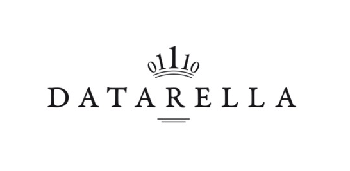
Datarella GmbH, Munich
Specialist area: the development of blockchain and smart contracts
Collaborative smart services for industrial value networks in Gaia-X
The COSMIC-X project is a flagship project created by the Industry 4.0 – GAIA-X Applications in Value Creation Networks (InGAIA-X) initiative and funded by the German Federal Ministry of Education and Research (BMBF). It builds on the previous joint project, KOSMoS, which enables the realisation of cross-company, data-driven business models.
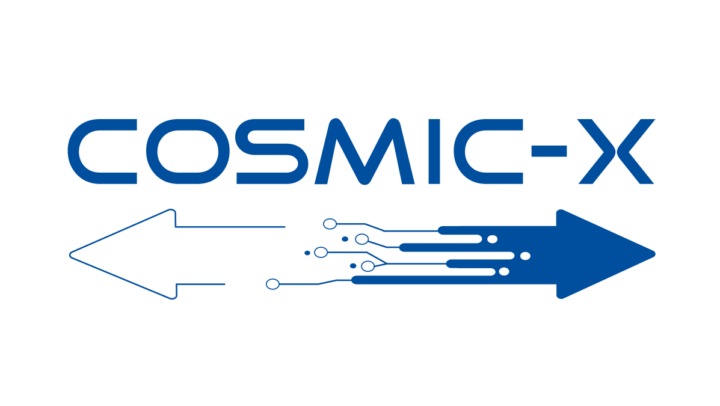
The goal of COSMIC-X is to provide advanced smart services within the framework of Gaia-X. These services ensure the secure and transparent exchange of data between equipment operators, component suppliers and equipment manufacturers in order to intelligently optimise the spare parts supply chain in mechanical and plant engineering. The project involves eight partners from industry and research, with inovex providing expert support in data management and analytics.
In the COSMIC-X project, inovex supports its application partners in using AI to maximise concrete optimisation potential in the spare parts supply chain. Optimizing the various processes within a supply chain can reduce production and distribution costs and increase a company’s competitiveness. AI-supported processes, in particular, can support and partially automate the improvement process. It is, for example, possible to use internal and external data to continuously predict the demand for spare parts – and thus to dynamically adjust warehouse inventory. It is also possible to identify machine components that are often needed together, enabling companies to optimise their warehouses accordingly. This not only reduces storage costs, but also shortens throughput times from order receipt to shipping.
AI methods can also improve transport logistics by planning and optimising the deployment of employees, equipment, and vehicles to take into account dynamic changes and ecological factors. This creates robust delivery processes with minimal delivery times and increased reliability and enables them to react flexibly to changing conditions and disruptions.

As part of the COSMIC-X project, inovex is developing analytical solutions which support the project partners in specific production applications. Predictive maintenance is an important concept in Industry 4.0. The concept means that equipment maintenance is no longer carried out at fixed intervals, but only in the event of a concrete need (but before the failure of a component). In order to achieve this, the process and machine data obtained by the IIoT is analysed using various machine learning (ML) methods to determine the current condition of each device in operation and its components. This enables prognoses to be made as to how and when maintenance is required. Since maintenance tasks are only carried out when they are actually necessary, predictive maintenance saves costs and reduces downtime.
inovex’s role in COSMIC-X involves researching the potential for using cross-company data analysis in the Gaia-X environment.
At the heart of the solutions to be developed, whether for needs-based maintenance or for optimizing supply chains, are machine learning models which reveal patterns in the underlying data and enable intelligent conclusions to be drawn. Integrating the initial models into companies’ production environments, continuously updating them with new data, and adapting them to changing requirements, however, poses a decisive challenge. Correctly designing the machine learning architecture and integration components to take into account the specific uses of these ML models in production is, therefore, another important aspect of the COSMIC-X project, one which can be supported through the MLOps concept. In addition, the latest advancements in federated learning provide an opportunity to resolve the recurring questions of data sovereignty and the distribution of production data. Under certain circumstances, it may even be possible to use training data across company boundaries.
The Gaia-X project is a German-French initiative which aims to strengthen the exchange and sharing of data for developing new innovations by maintaining a company’s sovereignty over shared data at every stage of its processing. In order to network the participants, software components and a set of general rules and guidelines – known as Federation Services – are being developed based on European regulations. These Federation Services can be applied to any existing cloud or edge technology stack. In particular, the project aims to make the services used to store and process data, as well as the data itself, transparent, controllable, transferable, and interoperable – in contrast to the opaque technologies of the non-European cloud giants.
The COSMIC-X open digital ecosystem is designed to make data and services available, to bring them together, and to enable them to be shared with trusted partners. From a technological perspective, data is exchanged and integrated as required between the various hierarchical levels (from edge systems on individual devices, to the central edges of a factory, or to cloud infrastructures belonging to manufacturers, operators, or third parties, for example). In order to ensure that these data exchanges meet the interoperability standards defined in the overarching Gaia-X project, the federation services are used to enable smooth, consistent transfers between the levels. In addition, the mechanisms for data storage and processing in COSMIC-X conform to the standards for data protection and data security specified by Gaia-X.
Exchanging process and production data between the participants in a value-creation network requires mutual trust. This trust is based both on the fundamental guarantee of digital sovereignty and on implementing top-tier security measures within the ecosystem. One way to ensure the binding nature and validity of transactions and data exchanges between the partners in a supply chain is to use blockchain technology. Using this method means that no central data storage is required; instead, the data is made available to all participants via a network of independent servers, decentrally and transparently. Various consensus algorithms are used to ensure that the individual network nodes agree on any state changes. Each new state is then stored on all the servers, along with any previous changes, creating a chain of state changes that any participant can view at any time. This means that all data exchanges and transactions are documented in a tamper-proof and transparent manner.
Blockchain technology’s functionality and properties make it possible to model and process contracts between the participants as “smart contracts”, under which certain actions are performed automatically whenever predefined contractual conditions are met. This means, for example, that as soon as signs of wear are detected on machine parts, the appropriate replacement parts can be automatically ordered based on the conditions specified in the contract. Combining this with a blockchain-based payment system in which payment processes are documented in a tamper-proof manner enables the entire ordering process to be completed automatically and with legal certainty. This saves costs compared to the usual manual spare parts ordering process.

Specialist area: the development of blockchain and smart contracts
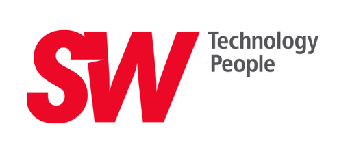
Specialist area: audit-compliant models through dynamic leasing
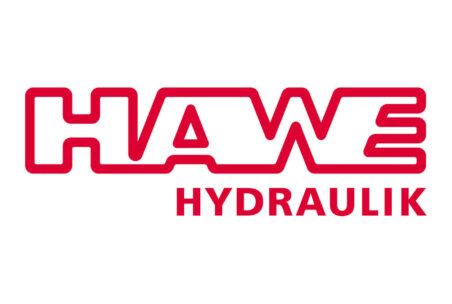
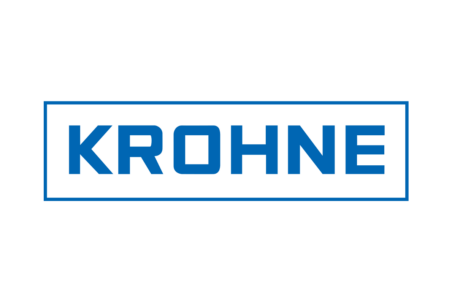
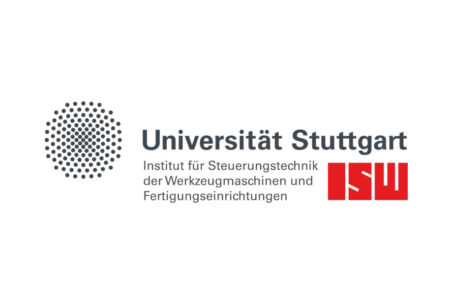
Cooperation with the scientific project Uranos-X
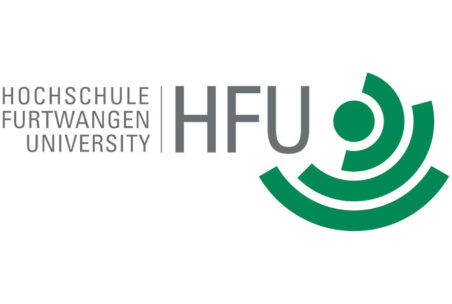
Specialist area: security architecture according to Gaia-X


The project work is funded by the Federal Ministry of Education and Research as part of the funding measure “Industry 4.0 – GAIA-X Applications in Value Networks” (InGAIA-X) over a period of 24 months.